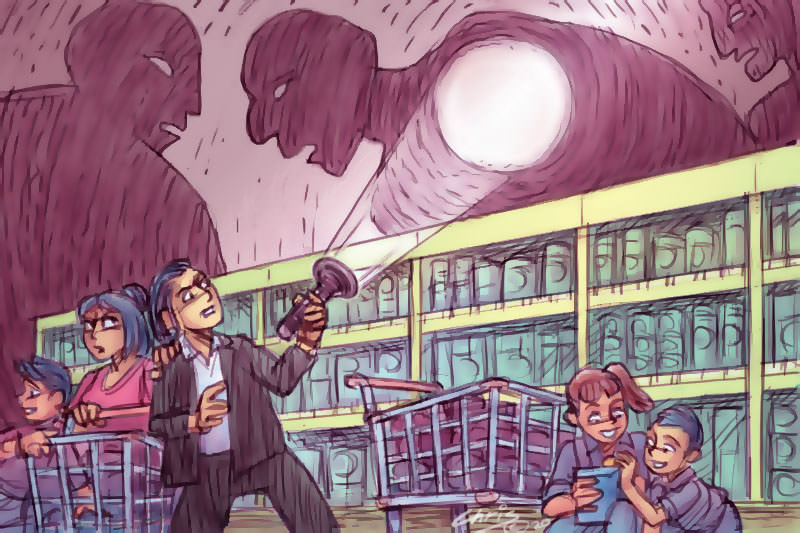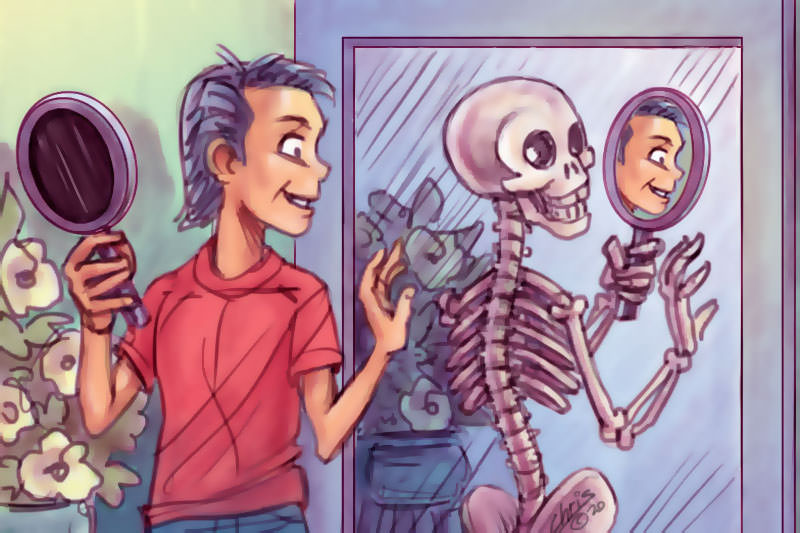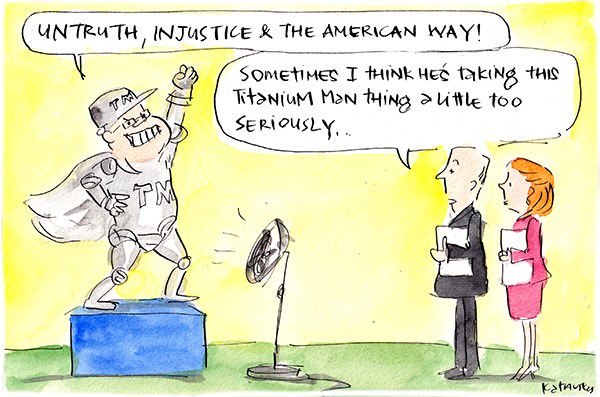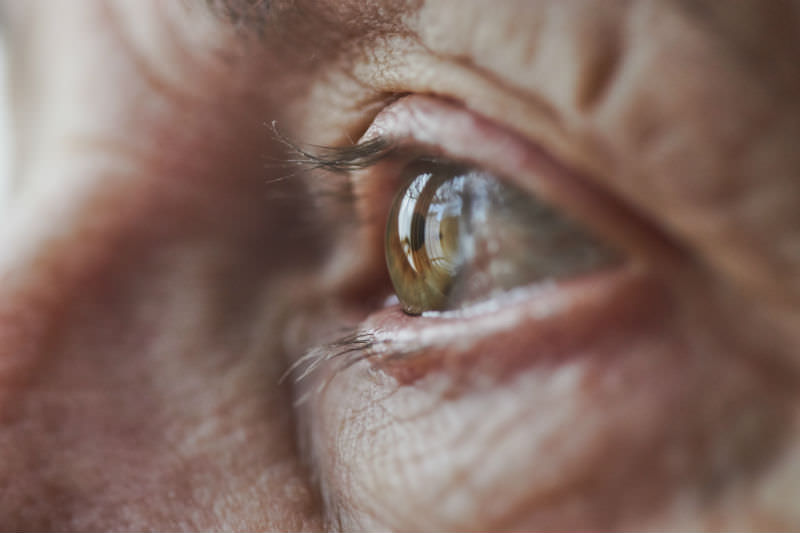Keywords: Super
There are more than 200 results, only the first 200 are displayed here.
-

AUSTRALIA
- Dustin Halse
- 30 July 2020
4 Comments
In Australia, we have long boasted of our unparalleled prosperity and strong economic growth. We have championed home ownership and the quarter acre block — after all our home is meant to be our castle. But for too many, the basic human right of having a place to call home remains out of reach.
READ MORE 
-

ECONOMICS
The full economic impact of the coronavirus lockdowns will not be fully felt until the end of the year, but it will be devastating. The Treasurer, Josh Frydenberg, is already estimating that the effective employment rate is 13.3 per cent; it may be headed for as high as 20 per cent. It raises a question, not just in Australia, but in many developed countries. Will there be a significant middle class left after such economic destruction?
READ MORE 
-

AUSTRALIA
At the fringes of the legal system, there are areas of work you probably won’t read about in law school career guides. Many of these deal in trauma or poverty. They are substantial, but they aren’t celebrated or pursued by the mainstream of the profession. They generally attract neither money nor prestige, and in many cases the ‘market’ fails to provide paid jobs of any sort, irrespective of need.
READ MORE 
-

ARTS AND CULTURE
- Jennifer Zeven
- 22 May 2020
13 Comments
I spent the first six or seven years of my life spellbound by my mum’s stories of her childhood in Far North Queensland. Herstory came from warm, outback and subtropical places. She and her sisters wrote on slates at school, played in custard apple trees, kept their own bees.
READ MORE 
-

INTERNATIONAL
- Gillian Bouras
- 15 April 2020
17 Comments
In these troubled times of COVID-19, most news bulletins concentrate on the daunting figures from Italy, Spain, Britain and the USA. Little countries don’t get much of a mention. Greece is a little country.
READ MORE 
-

FAITH DOING JUSTICE
- Andrew Hamilton
- 19 February 2020
5 Comments
Catholic reflection on social justice has been supercharged by Pope Francis, who in his encyclical Laudato Si declared the Cry of the Poor and the Cry of the Earth to be central to faith. He also insisted that neither could be addressed simply by technological fixes but required personal conversion to see the world as gift to be respected, a home, and not as a prison or a mine.
READ MORE 
-

ARTS AND CULTURE
- Gillian Bouras
- 14 February 2020
13 Comments
That’s it. People in mid-life fear death for many reasons, but disappointment must be one of them, for there are always so many things to do, so much in the world to see and to experience, a whole host of people to get to know, various ambitions to be realised, a great number of projects to be finished.
READ MORE 
-

ARTS AND CULTURE
- Jane Williams
- 04 November 2019
1 Comment
Thank God for Bollywood and daytime TV. For the all night partyers and marathon love makers. For the hash brownie bakers, the nut crackers and pot-stirrers ... the drum-beating banjo-twanging wannabe musicians ... the incense wafting up from the first floor through our bathroom vent — frankincense I'm tempted to think.
READ MORE 
-

CARTOON
- Fiona Katauskas
- 01 October 2019
READ MORE 
-

RELIGION
- Chris Middleton
- 07 May 2019
31 Comments
Folau is a lay minister in his church. There is no doubt that he, as an evangelical Christian with a literal understanding of the text, believes a whole lot of people will go to hell unless they repent. His sacking raises questions around important issues in a society that values diversity and that promotes inclusivity and tolerance.
READ MORE 
-

ECONOMICS
The Australian economy rests on a decades-long property gamble that has disenfranchised younger generations. It is why the differing policies of the two major parties at the federal election take on an unusual significance. The voters' choice will go a long way towards determining if that generational split will get better or worse.
READ MORE 
-

AUSTRALIA
- Rosie Williams
- 12 April 2019
2 Comments
Women's groups were initially cut out of this year's budget lockup with just two representatives admitted after fighting tooth-and-nail for the privilege. With such hostility to our cause it is hardly surprising to find the budget holds little hope for women in resolving the structural inequalities baked into our lives.
READ MORE 